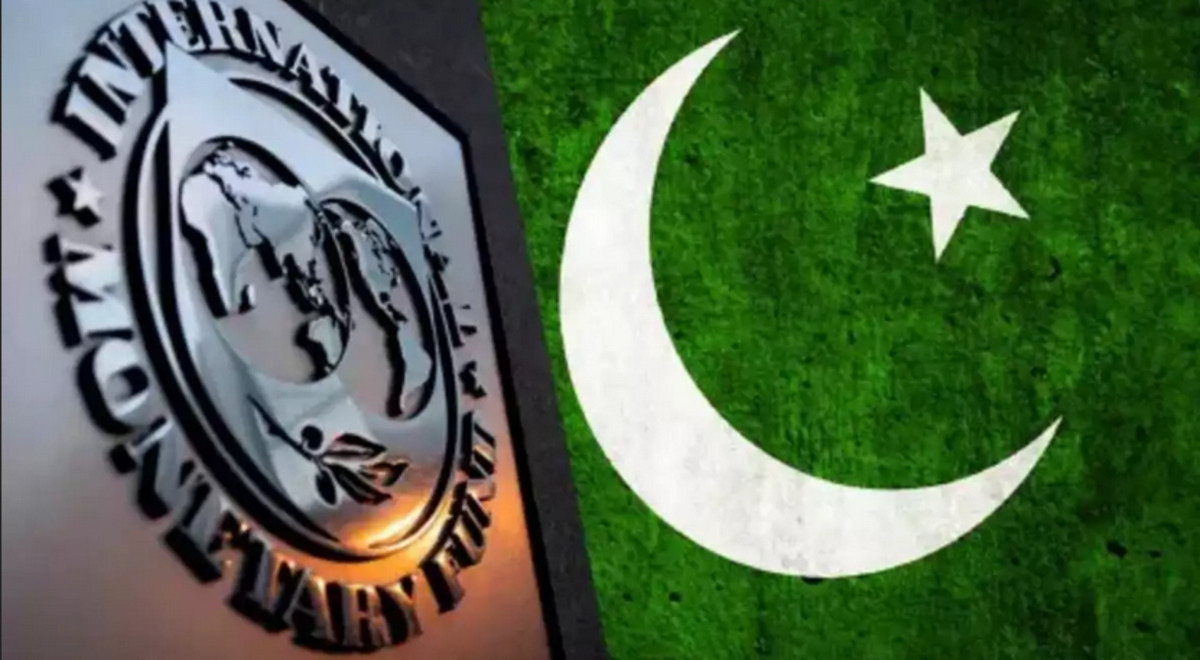Pakistan Faces New Crisis: IMF Imposes 11 Tough Conditions for Loan
The International Monetary Fund (IMF) has imposed 11 new conditions before releasing the next tranche of its $7 billion bailout package to Pakistan. Read the full story.
•May 18, 2025 / 05:31 pm•
Patrika Desk
The International Monetary Fund (IMF) has presented new challenges for Pakistan, a nation grappling with an economic crisis. While the IMF recently disbursed a second tranche of US$1 billion under a US$7 billion bailout package, it also imposed 11 stringent new conditions. These conditions have further deepened Pakistan’s economic and political challenges.
Agricultural Income Tax Law: All four provinces must implement a new agricultural income tax law by June 2025, ensuring taxpayer registration, return processing, and compliance through digital platforms. Governance Action Plan: Pakistan must publish a governance action plan based on the IMF’s governance diagnostic assessment to address weaknesses in governance.
Financial Sector Strategy: A long-term financial sector strategy must be developed for the post-2027 period, including regulatory and institutional reforms starting in 2028. Economic Reforms: Structural reforms must be implemented, including broadening the tax base, reducing subsidies, and strengthening fiscal discipline.
Monitoring and Compliance: The IMF has demanded strict monitoring and transparency on the use of the loan, particularly to ensure that funds are not misused. Climate Resilience: Policies must be implemented for climate change and disaster preparedness under the US$1.4 billion Resilience and Sustainability Facility (RSF).
Military Expenditure Reduction: The IMF has advised reducing military spending, which accounts for 16% of the federal budget, to increase investment in sectors such as education and health. Terrorism Control: Given the India-Pakistan tension, the IMF warned that regional instability could derail economic reforms.
Increased Tax Collection: Strict measures must be taken to prevent tax evasion and impose taxes on untapped sectors. Energy Sector Reform: Electricity subsidies must be reduced, and privatisation in the energy sector must be promoted.
#IndiaPakistanConflict so far we know
Also Read
Latest World
Copyright © 2025 Patrika Group. All Rights Reserved.



















